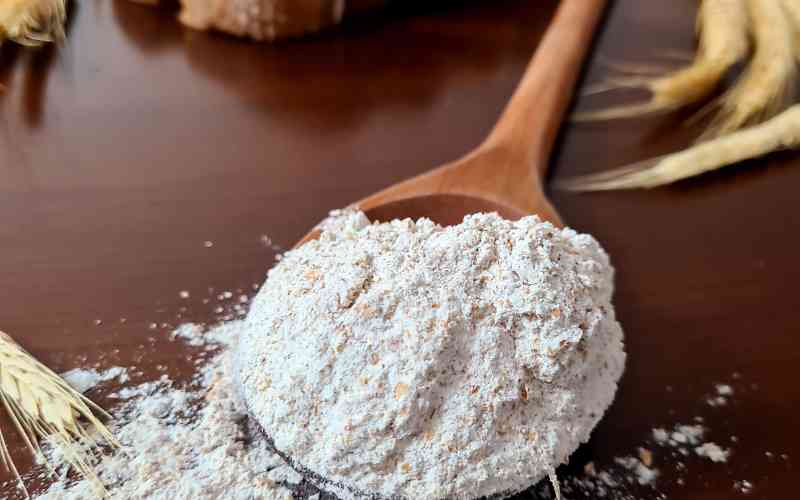Rye flour is a well-known dark grain flour, made from rye grain. It is often used in breadmaking, as it helps to create a denser texture and more flavorful loaf. However, it can also be used for cakes and other baked goods.
To get the best flavor out of rye flour, don’t expect your bread to taste like plain white flour when you use it. Bread made with 100% rye flour will be heavy and dense. It can also hold even the heaviest sandwiches thanks to its great water-binding capability.
Due to its unique properties, rye flour may be difficult to find a substitute in your cooking. But there’s no need to worry because we’ve got exactly what you’re looking for right here.
We’ve compiled a list of the best rye flour substitutes for your recipes. Take a look at the list below. Even if there is a difference, it will be inconsequential to your enjoyment of the experience.
Contents
What You Need To Know About Rye Flour
Rye flour is a good source of fiber and vitamins. It has a slightly heavier texture and contains less gluten than wheat flour. It’s best to use medium rye flour, which has a more laborious flavor, for baking because it has a lighter texture.
There are numerous advantages to using it. It’s designed to be more nutritious than wheat flour. When rye flour is used in food preparation, it imparts a more satisfying and wholesome taste.
Rye Flour Substitutes are available in a variety of forms. These variations are due to the different amounts of bran and germ in each variety. Pumpernickel flour, also known as rye flour, is a whole-grain product made from rye grain.
Rye flour can be replaced with different types of flour. Some of these include buckwheat flour, barley flour, Kamut flour, and Spelt flour. Whole wheat is also included in this category.
Rye Flour Substitutes
1. Kamut Flour
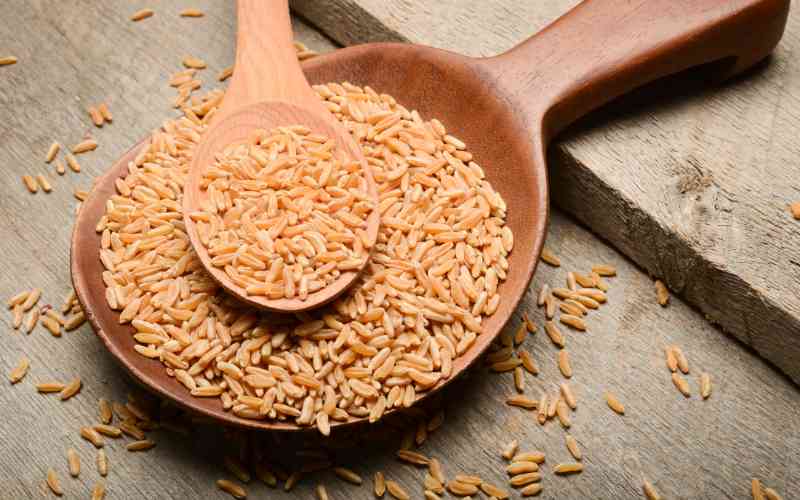
The wheat of the Kamut Khorasan variety dates back thousands of years. Healthy and easy to digest because of its distinct sweet and nutty flavor.
Because of its high fiber content and antioxidant properties, it is considered a superfood. Vitamins, minerals, and protein are all present in high concentrations in this flour.
Kamut flour is an excellent alternative to replace rye flour in the preparation of bread, cookies, cakes, buns, and pasta.
2. Spelt Grain
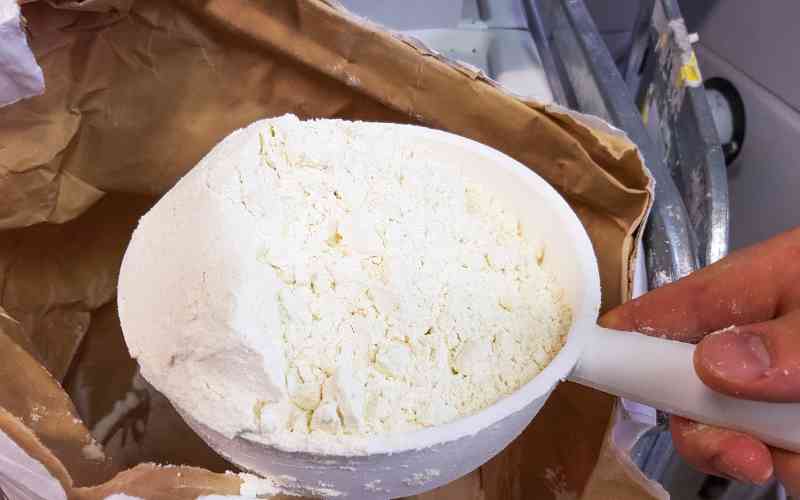
Flour made from this grain has a long history of use. There are many similarities between this and rye flour. Because it contains a large amount of gluten, it is not recommended for those with severe gluten sensitivity.
It can be used in recipes that call for wheat flour because it is easy to digest.
3. Buckwheat flour
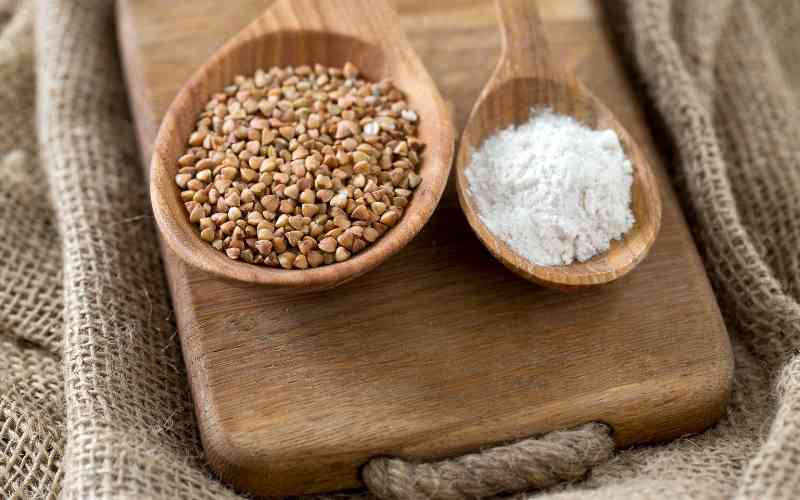
Contrary to popular belief, it is made from a seed, not wheat. This gluten-free flour is becoming increasingly popular. Japan and France are the most common destinations for its application. A nutty, slightly bitter flavor reminiscent of rue flour is found in this product.
Buckwheat flour doesn’t raise, like wheat flour, so it’s important to keep it in mind when substituting it for rye flour.
Buckwheat flour does not perform well in bread baking unless it is combined with another flour in the correct proportions. It can substitute rye flour in many recipes except in bread production.
4. Barley Flour
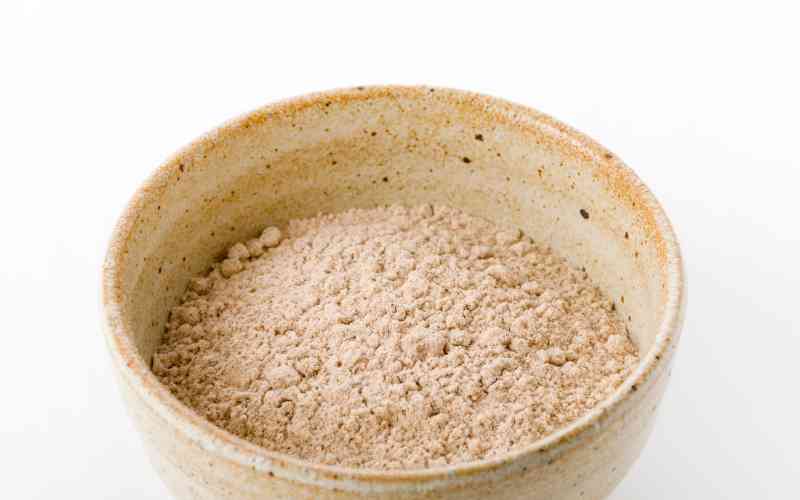
Yet another alternative to a direct swap out is presented here. A finer texture is achieved by grinding the barley grain until it is a fine powder.
A type of fiber that helps regulate blood sugar and cholesterol levels, beta-glucan is found in sufficient quantities in this flour. It’s a great choice for baking because of its substantial nature.
It has a mildly astringent flavor. As a result, unless combined with wheat flour, Barkley flour cannot be used to leaven baked goods.
Barley flour is a healthy whole-grain flour that can substitute rye flour.
5. Amaranth Flour
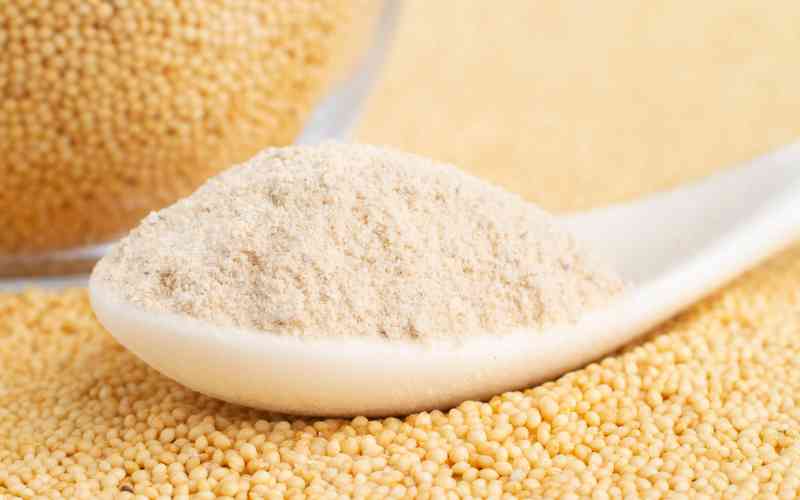
Amaranth flour is a better alternative to rye flour due to its higher vitamin content. Adding amaranth flour to your recipes will boost the protein content of your baked goods and your meals, resulting in better nutrition for you and your family.
Unlike wheat, amaranth does not contain gluten, so it can be used in a wide variety of dishes. If you use amaranth flour in your recipe, the texture will be very similar to rye flour.
6. Triticale Flour
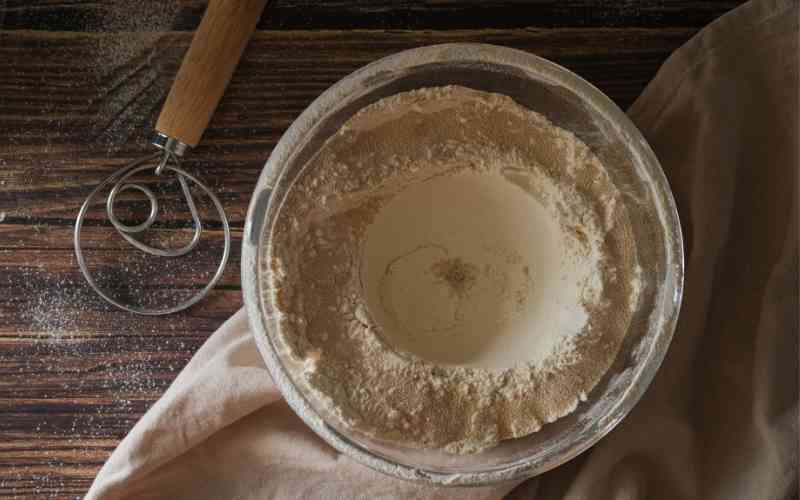
Triticale flour is a wheat-rye hybrid that supplants rye and wheat flour as a source of protein. Hybridization of rye and wheat combined was used to create this residue. Triticale flour is used to make baked goods like cookies, cakes, and bread.
The vast majority of recipes that call for rye flour, call for this flour instead. While rye flour has a mild flavor, this one is full-flavored and reminiscent of nuts.
7. Chia Flour
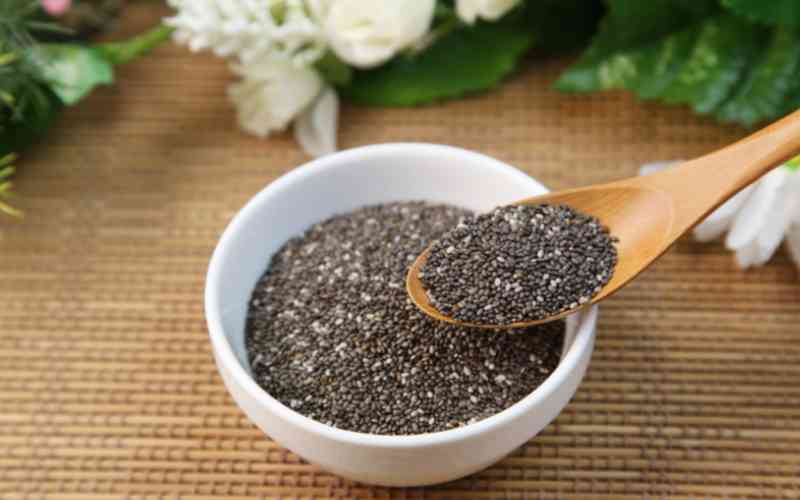
There are many recipes that call for rye flour that can be easily substituted with chia flour.
In baked goods, such as cakes, muffins, loaves of bread, and others, it performs admirably and is a healthy alternative. Ground chia seeds are used to make this product, which is gluten-free.
The light nutty flavor of your pastry will give it a pleasant undertone and a crispness that is only slightly gummy. Replace the rye flour in most of your recipes with the alternative.
8. Corn Flour
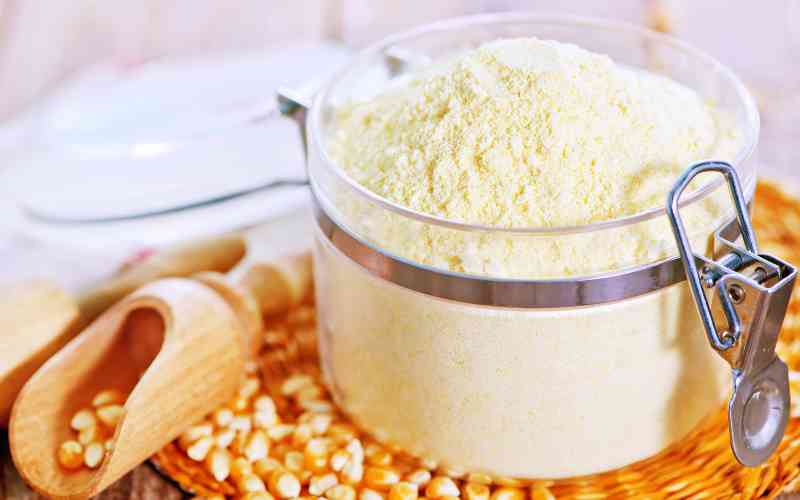
If rye flour is unavailable, corn flour can be substituted for it. It has a higher calorie count but a lower nutrient density. However, corn flour is a fantastic choice for this application.
This variation is suitable because it does not contain gluten. Using this to make beautiful baked goods like cakes, cookies, and other baked goods is a wonderful idea.
9. Oat Flour
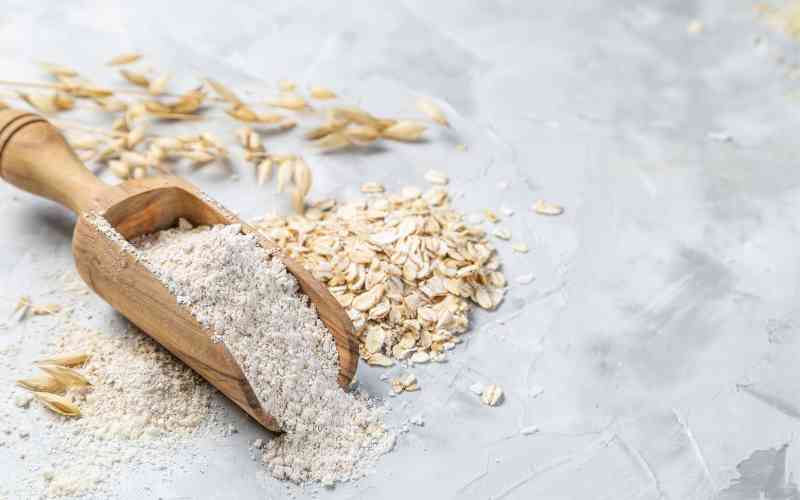
It is possible to substitute oat flour for rye flour in baked goods. This is a great substitute for rye flour because of its resemblance to it.
In terms of caloric content, protein, and vitamin content, there is little difference between the two. It’s important to point out that because of the gluten content, this flour may not be suitable for people with specific dietary restrictions.
Pastries and other baked goods that call for rye flour can be made with this flour.
10. Rice Flour
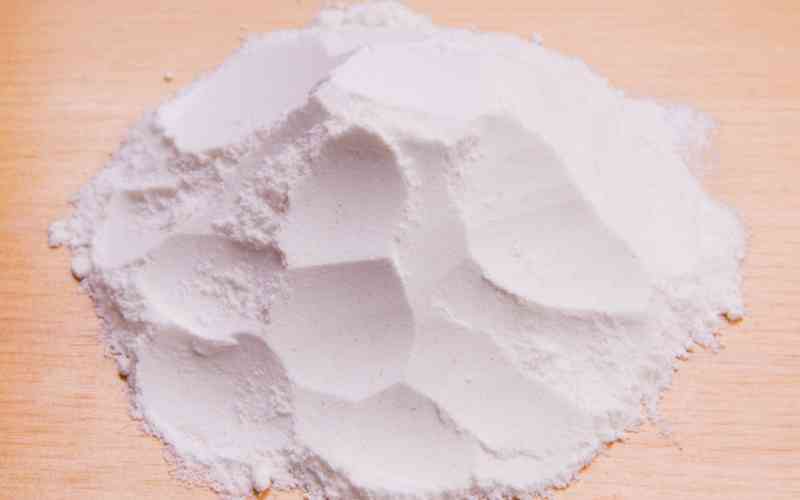
Rice flour is a gluten-free variety of flour, that can be used as a substitute for rye flour in recipes that need an excellent thickening agent.
Compared to white rice, brown rice flour has a more rye-like flavor because it is a different variety. It can be used to thicken a wide variety of foods and has a wide range of applications.
11. Whole wheat flour
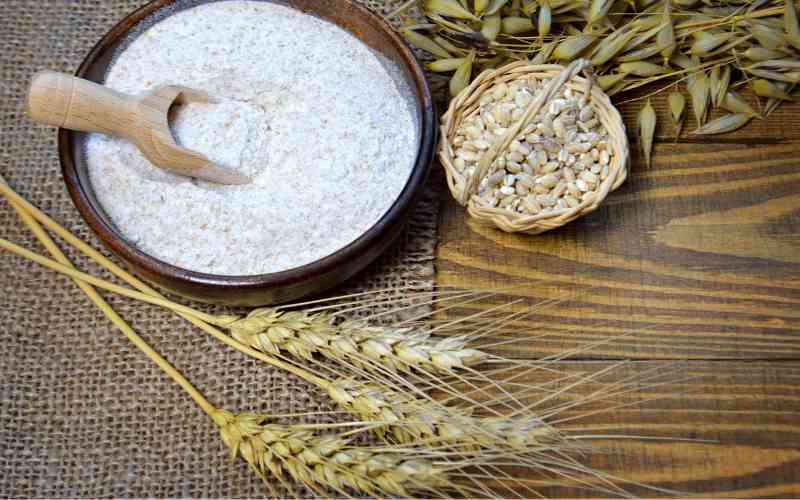
Whole wheat flour is the first rye flour substitute to consider, because it can be found in most kitchens. Whole wheat contains the natural ratios of bran, endosperm, and germ found in nature. When it comes to cooking and baking, this happens all the time.
Unremarkable in taste, it blends well with various flours and other food ingredients. It lends a nutty flavor to food because of the high content of bran and germ in the flour, making it rich and savory. It’s high in fiber, which is good for you.
It can absorb more flavor and moisture because of its improved flavor and absorption capacity.
Read:
Frequently Asked Questions
Can I use regular flour instead of Rye Flour?
Volume is a critical factor to keep in mind when substituting. Plain flour can be substituted for rye flour in recipes because it is widely used in many cuisines.
What does the addition of rye flour do in baking?
When it comes to flour, rye has a unique property: it can absorb yeast. It becomes more active when paired with sourdough. The addition of this ingredient accelerates sourdough fermentation.
Do whole wheat flour and rye flour differ in any way?
Yes! wheat flour, in comparison to rye flour, has a lower gluten content, and rye is considered to be more nutritious.
Read: Can You Marinate Frozen Meat?
Conclusion
Flour plays an important role in many of our culinary traditions. Different forms and levels of nutritional value can be found in them. Some flours are versatile, while others aren’t.
While rye flour substitutes have many uses, many are similar, making it a great alternative to regular wheat flour. The best way to find out what works best for your family is to experiment with various types of flour.
